Catch a Rising Star: The Inspiring Story of Nigerian Star Lager Beer’s Emergence in the U.S.
How a driven Nigerian-American is bringing one of Africa’s most popular and historical lagers to beer drinkers nationwide.
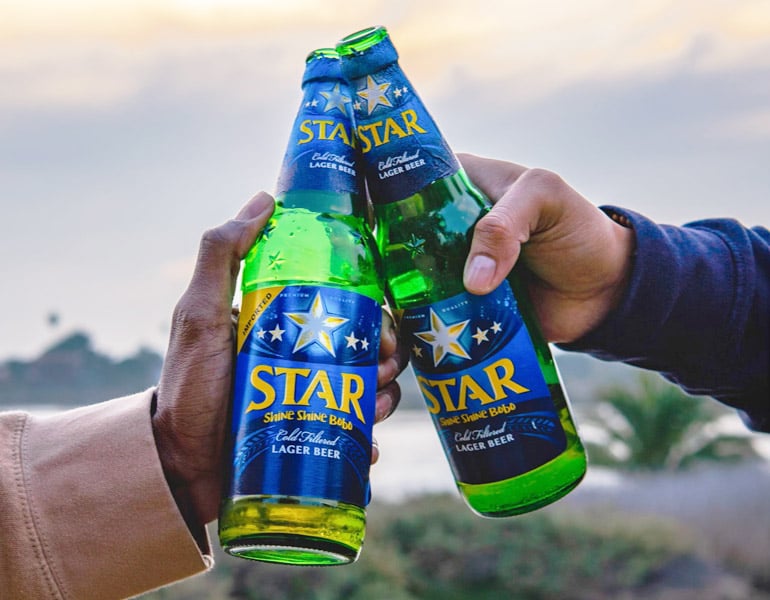
When word comes that a major brand is branching out into new territory, the assumption is that it was an easy deal brought into existence by high-level executives with a handshake and slap on the back. The case of how Nigeria’s Star Lager Beer found its way stateside and the founding of Star Beer USA, however, is far more compelling – combining the best of Africa with the American Dream.
Our story starts in 1988, when May Chioma-Odiakosa moved to America from Nigeria, determined to build a life in the states. Her son Jordan would be born the following year, as Odiakosa began putting the pieces together. It was slow going – her first job paid $4 an hour – but she persevered and soon found work at a law firm, despite not passing the bar in the U.S.
![]()
May Chioma-Odiakosa moved to America from Nigeria in 1988 and has been insrumental in bringing Star Lager Beer to the limelight in the States. Here, she wears a Nigeria Men’s Basketball team shirt due to Star Beer USA partering with the Tokyo 2020 Nigeria men’s basketball Olympic team.
Odiakosa credits her father for shaping her indomitable attitude. “He showed me the importance of never giving up,” she said in a 2020 interview with LA Style. “I saw him lose everything, but he had that attitude of, ‘Okay, we’re onto the next thing, because the next thing is what I’m supposed to be doing.’
Odiakosa’s father also provided early memories of Star Lager, which he called “The Beer of Kings,” and it was a fixture at family events, ranging from birthday celebrations to funerals. In fact, it was during a trip back to Nigeria for her grandmother’s funeral that Odiakosa first got the idea to bring Star Lager Beer to the U.S.
“When I went back… we all drank Star Beer, and my cousin asked, ‘Why don’t we have this beer in the States?’ and I go, ‘That’s a good question.’” So, she started figuring it out.
Catch a Rising Star Lager Beer
Star Lager first rolled off the bottling line in 1949, as the flagship product of Nigerian Brewery Limited, a conglomerate consisting of the ubiquitous United Africa Company and six other firms, with Heineken providing technical oversight. The first of what are now nine breweries was conceived prior to WWII, and construction began in 1946.
Pioneering work in market research and advertising led to explosive popularity, and the crisp 5.1 percent ABV, Star Lager became the de facto drink of a rapidly modernizing country.
An early newspaper advertisement announcing the initial production of Star read:
“Beer at its best. Try Star Lager today. Brewed to perfection to please the palate – refreshing and satisfying. Its [sic] great value too: 3 full glasses to a bottle”
Nigerian newspapers were considered an ideal medium, as readers were presumed fashionable, literate and in possession of disposable income. Early advertisements also helped weather initial production hiccups and connected with consumers through imagery and iconography, such as the charming “Sammy Sparkle” cartoon character.
An ad run a year after Star was introduced acknowledged its growing pains and emphasized their addressal:
As the demand for ‘STAR’ grows in all parts of the country, public taste guides the brewers to produce a beer more and more to your liking. Today, ‘Star’ is everybody’s drink – more palatable, more enjoyable, more completely satisfying than ever before. In fact, it’s a New ‘STAR’. Have you tried it yet? Now more than ever BEER at its BEST.
The following years saw multiple strategies, including associating the product with high-status athletes and politicians, along with highlights of sophisticated Nigerian business people who had picked up a taste for quality beer abroad, returning home with a thirst that could only be satisfied by Star.
The results were emphatic, and by the 1950s, production could hardly keep up with demand, making brewing a leading industry behind Nigerian oil production. Star was quickly becoming a shining liquid facet of Nigerian identity, proving that quality beer could be made locally – independently. The country would gain its independence from British rule in 1960. Undoubtedly, many a Star was imbibed in celebration.
![]()
Back to the Future
Though firmly established on multiple continents, Star Beer had relied on outside sources for importing its beer to the U.S. before Star Beer USA took over. It’s easy to postulate reasons why, but anyone familiar with the basics of Star’s formation knows that true success requires powerful gravity and intense energy – two qualities May Odiakosa possesses in abundance. The formation process for Star Beer USA began in 2016.
“First I had to get a [distribution] license. Then I started writing to the breweries, but there were no responses. I wrote again, no response. But I never gave up, because that’s not my attitude.”
It wasn’t until 2019 that an export manager from Nigerian Breweries reached out, and in February 2020 Odiakosa travelled to Nigeria to present her plan in person. They couldn’t say no.
“Afterwards, the manager said, ‘We love what you have to say. We love your energy. We love your attitude of not taking no for an answer.’” Star Beer USA was born, with Odiakosa as CEO.
Within the last year, and despite the pandemic, the brand has made strong headway into the U.S. market, beginning in California before expanding into Texas. It is sold in Total Wine and can be purchased online and shipped anywhere in the U.S. (where legally allowed).
Star Beer USA is also in talks with a major retailer interested in stocking the beer at 800 to 1000 of its locations as it works its way towards the East Coast. Of course, that’s just the beginning. “We are on a fast track to getting Star Lager Beer into every grocery store and market in America”, says Odiakosa.
The Atomic Family
As powerful as May Odiakosa’s presence is, she couldn’t have made it this far without her family.
“Each time I wanted to give up, my sister, who died of cancer in October [2019], kept me going… Even when she was in the hospital before she came home to die, she was still like, ‘Have you called them back? Have you called the brewery?’ I didn’t want to tell her the reason I wasn’t pushing was because I was losing my best friend – but she was optimistic until the end.”
A light was gone from her life, but Odiakosa powered ahead, with the help of another inextinguishable light – her son, Jordan, who helps run the business.
“Our relationship has improved tremendously,” said Jordan. “There’s something significant in helping your mom achieve her financial and entrepreneurial dreams. For me, it’s been profound as well, having the chance to connect with really talented Nigerian artists, DJs, creatives and entrepreneurs, because they understand the significance and history of the beer.”
Shining a Light on African Excellence
Decades later and across the Atlantic, marketing is still a strength of Star, which made immediate inroads into Nigerian-American communities, and recently signed top Afrobeat producer KDDO as its Creative Director.
![]()
KDDO (aka Kiddominant) is a Nigerian recording producer, songwriter and artist as well as Star’s new Creative Director. He’s best-known for producing Afrobeats longest-charting Billboard single “Fall” by Davido, which peaked on US R&B/Hip-Hop Airplay chart at #13 and US Hot R&B Songs chart at #25.
“We have met with so many cool, entrepreneurial, hardworking people,” said Jordan. “The Nigerian populace has really gravitated towards it. They’re just gung-ho to put Star on the map. You’re highlighting African excellence and achievement. They want to be a part of making this brand as popular in America as it is in Africa.”
Recent estimates place the Nigerian-American population at just under 400,000, many of whom will already have fond memories of the beverage, and recognize its iconic Star logo and new tagline, “Shine shine bobo.” According to Jordan, it refers to “anyone renowned for their swagger, their cool factor… They call them the ‘shine shine bobo.’”
One Big Star Beer USA Family
For Jordan, a first-generation Nigerian-American who grew up in Culver City, bringing Star Beer to the U.S. has helped strengthen his connection to Nigerian culture.
“It’s a vibrant culture, the fashion is dope and the food is incredible. People really put a lot of emphasis on family, taking care of one another. It’s a country that is full of love.”
Of course, the Odiakosas want to share the love with everyone.
“I want to inspire and encourage all to reach for the sky, never give up, always lift each other up; we are one world and one family,” said Chioma Odiakosa. “This is a party for all Americans.”
As a rare female minority-owned business in the brewing industry Star Beer USA is standing by those words in the name of a brighter future, donating 5 percent of profits to cervical cancer research in the memory of May Odiakosa’s sister Ngozi Okaka.
To emigrate, raise a son, build a career, share culture over good beer and give back to the community – that’s the Star Beer USA story, and about as close to the American Dream as you are going to find.
For a full list of locations where Star Lager Beer is sold, visit Star Beer USA’s Beer Locator.




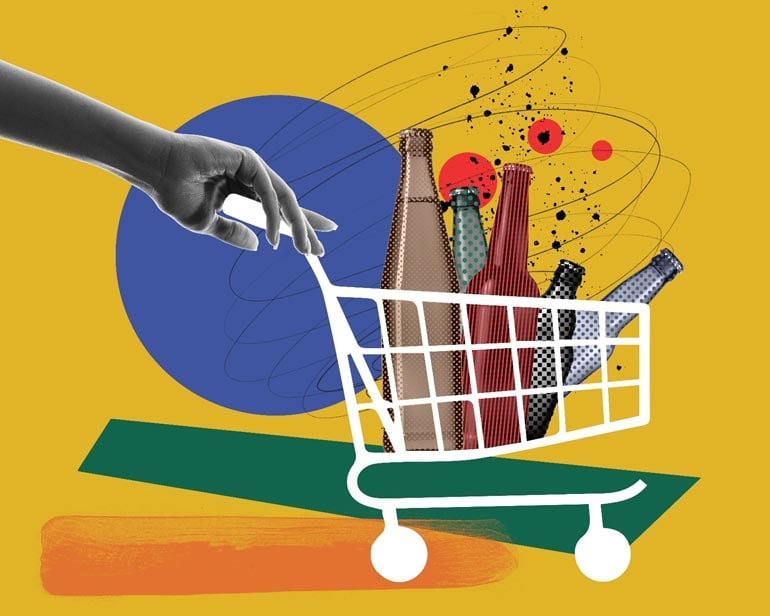


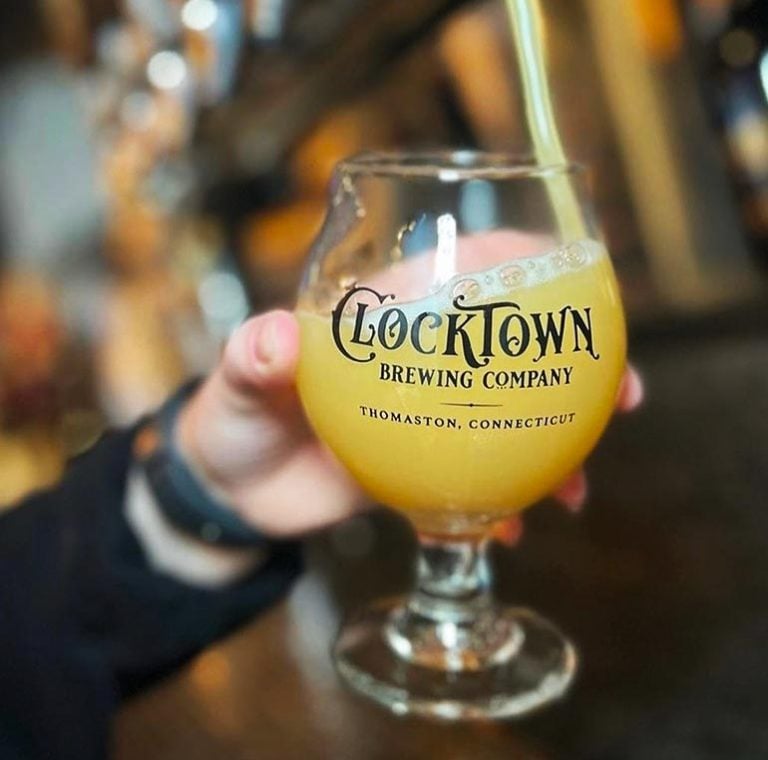
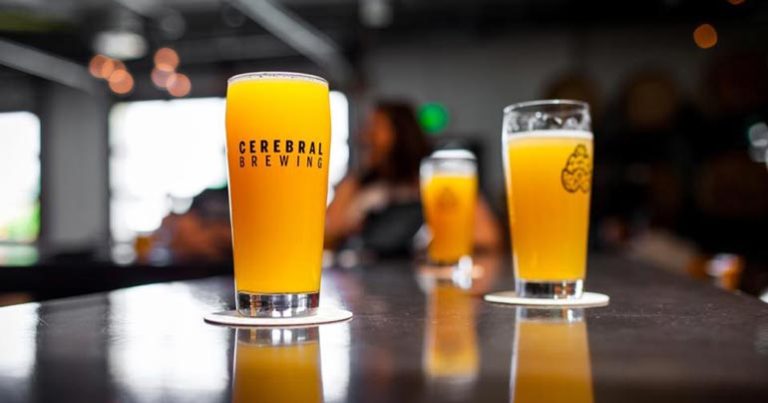

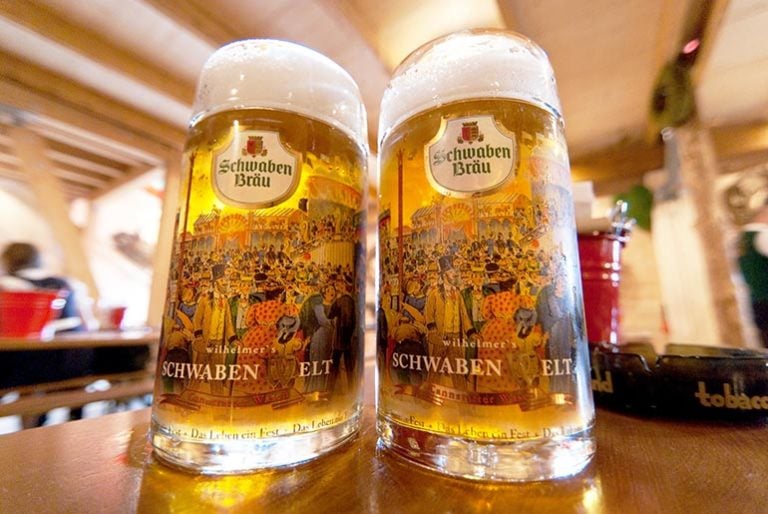
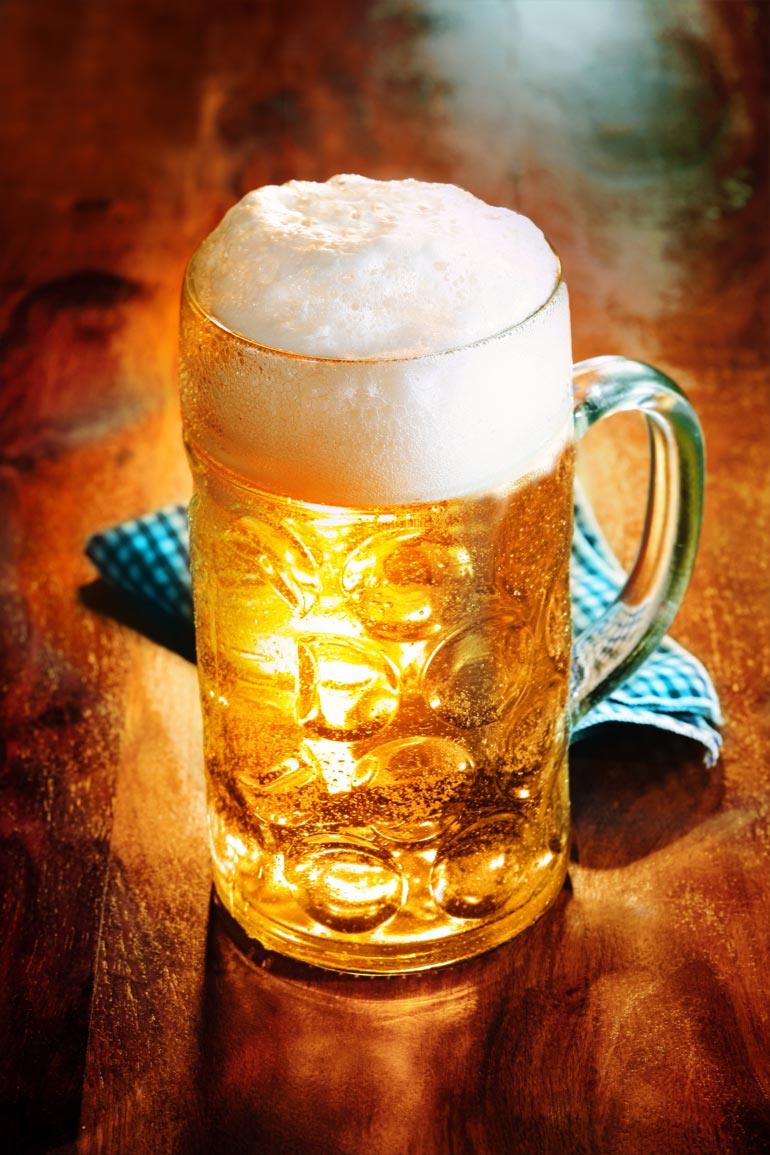
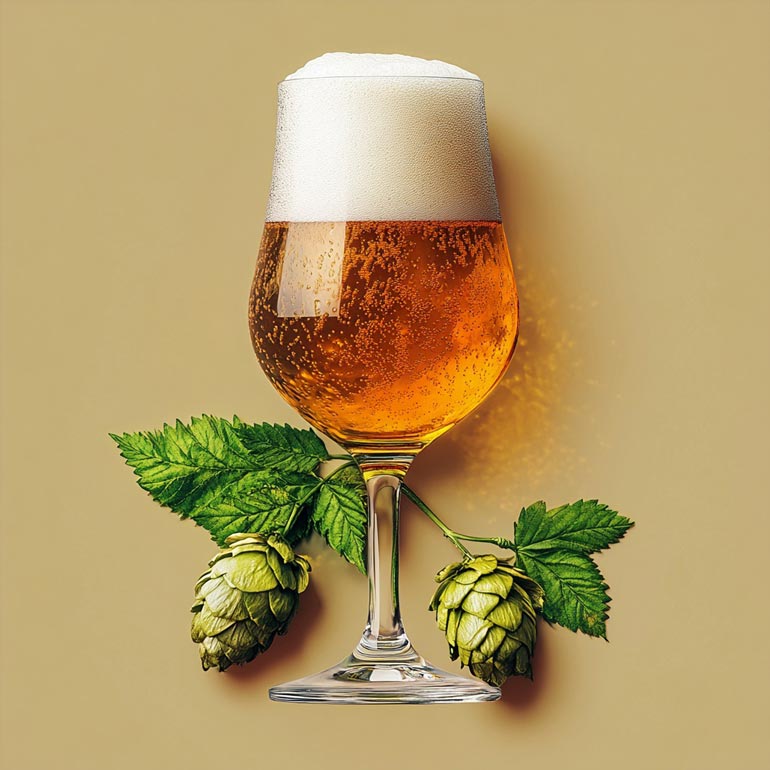
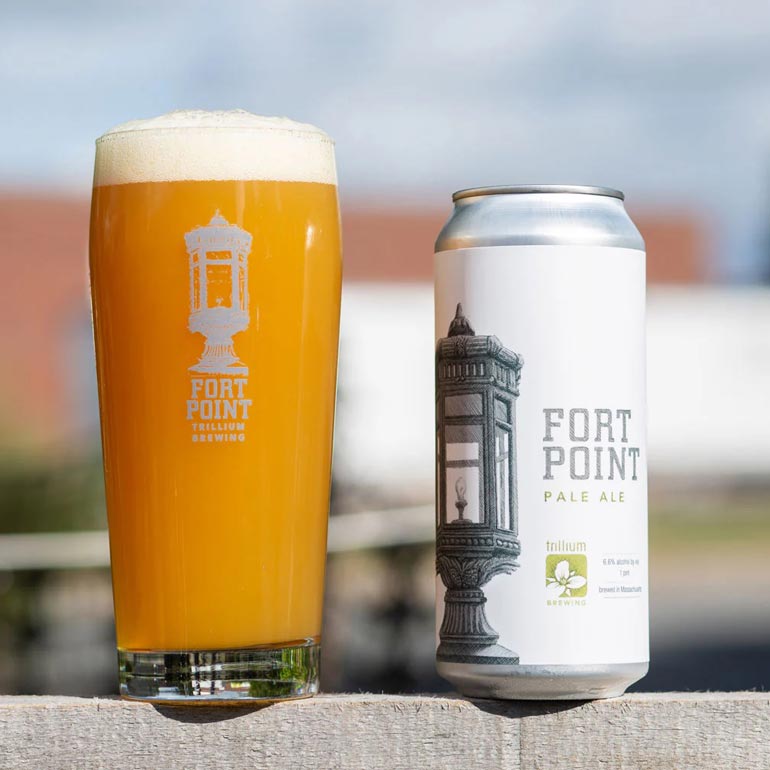
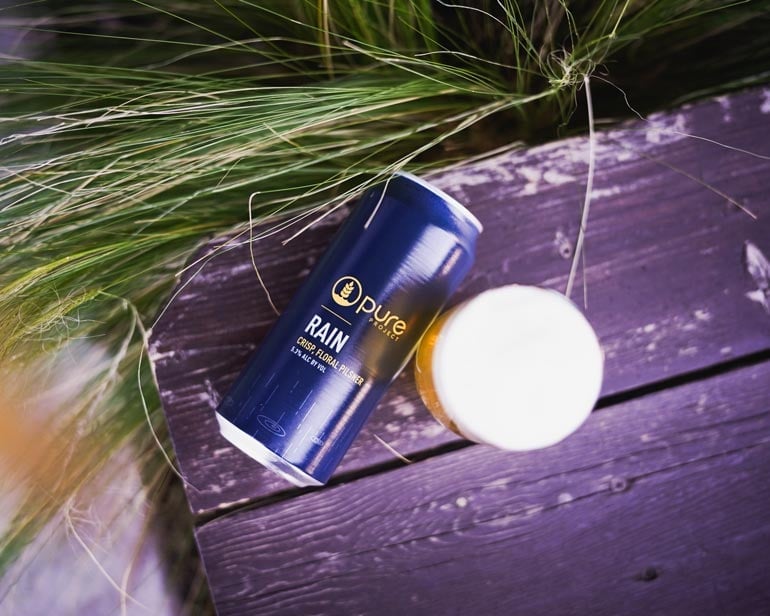
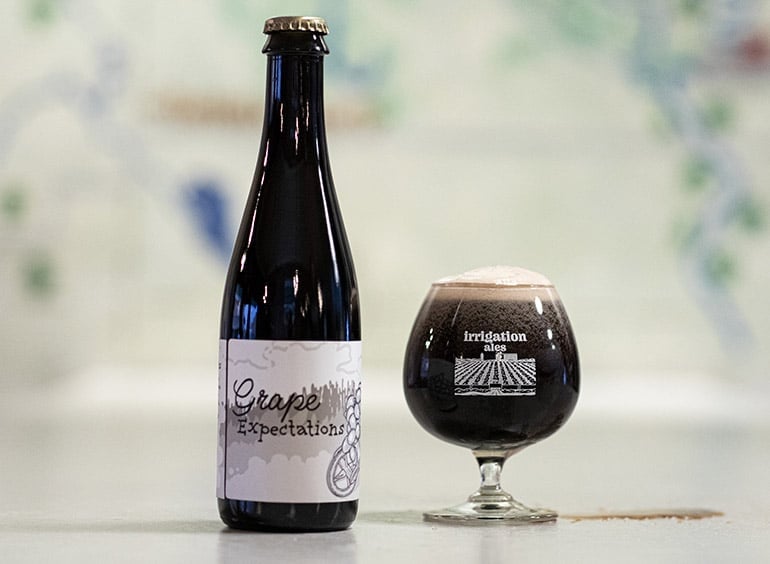
Comments 0
No Readers' Pick yet.